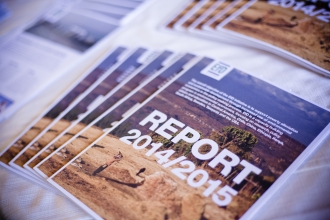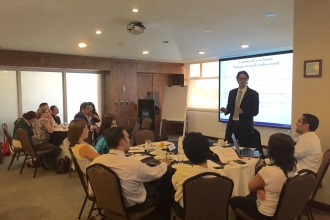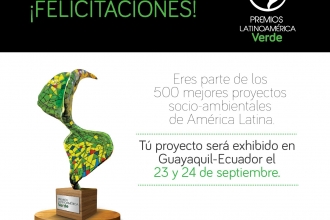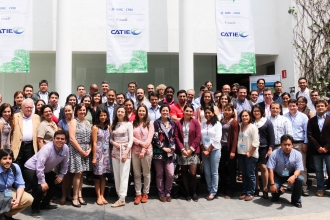Understanding the tradeoffs between planned marine conservation policies and artisanal fishing in key coastal areas of Costa Rica
The projects objective is to identify local capabilities, assets, and activities that characterizes the livelihoods of small scale fishers in Costa Rica. A special attention will be given on how




